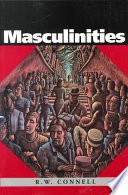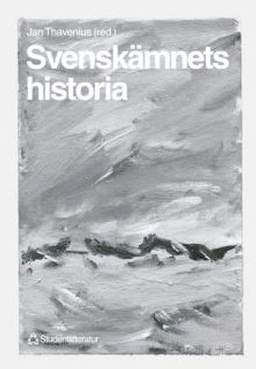Here is a powerful reply to Iron John, a fresh look at the complicated nature of what R.W. Connell calls "masculinities." One of the most important voices in the new feminist scholarship by men, Connell provides a nuanced and incisive analysis of how our notions of masculinity have evolved in psychoanalysis, social science, and historically in the creation of a global economy. There is not one but many masculinities, he claims, in a bold critique of the "men's movement" and other simplistic approaches to sexual identity. Instead, Connell delineates the complicated dynamics of masculine politics and recent changes in male identity.
Drawing on rich ethnographic work, Connell offers portraits of dozens of men of different classes, some working to change masculinities, some resisting change. Eel openly disparages his wife: "The first chance I can see to get rid of her, she's gone." Mark, who calls himself "a very straight gay," thinks men should behave in traditionally masculine ways. "If you're a guy why don't you just act like a guy?" he asks. Danny, undertaking the "long haul" of his own sexism, admits, "It's hard not to be aggressive sometimes."
Connell offers the first critical history of ideas and the most sophisticated theoretical analysis of masculinity to date. His attempts to understand changes in male identity and to think about these issues on a global scale are unique. Integrating social science, feminist theory, gay theory, and psychoanalysis in an innovative yet unusually accessible way, he develops a new theory of masculinity politics. This is a book for everyone interested in the history of western masculinities and the sexual politics of the contemporary era.
Åtkomstkoder och digitalt tilläggsmaterial garanteras inte med begagnade böcker





















